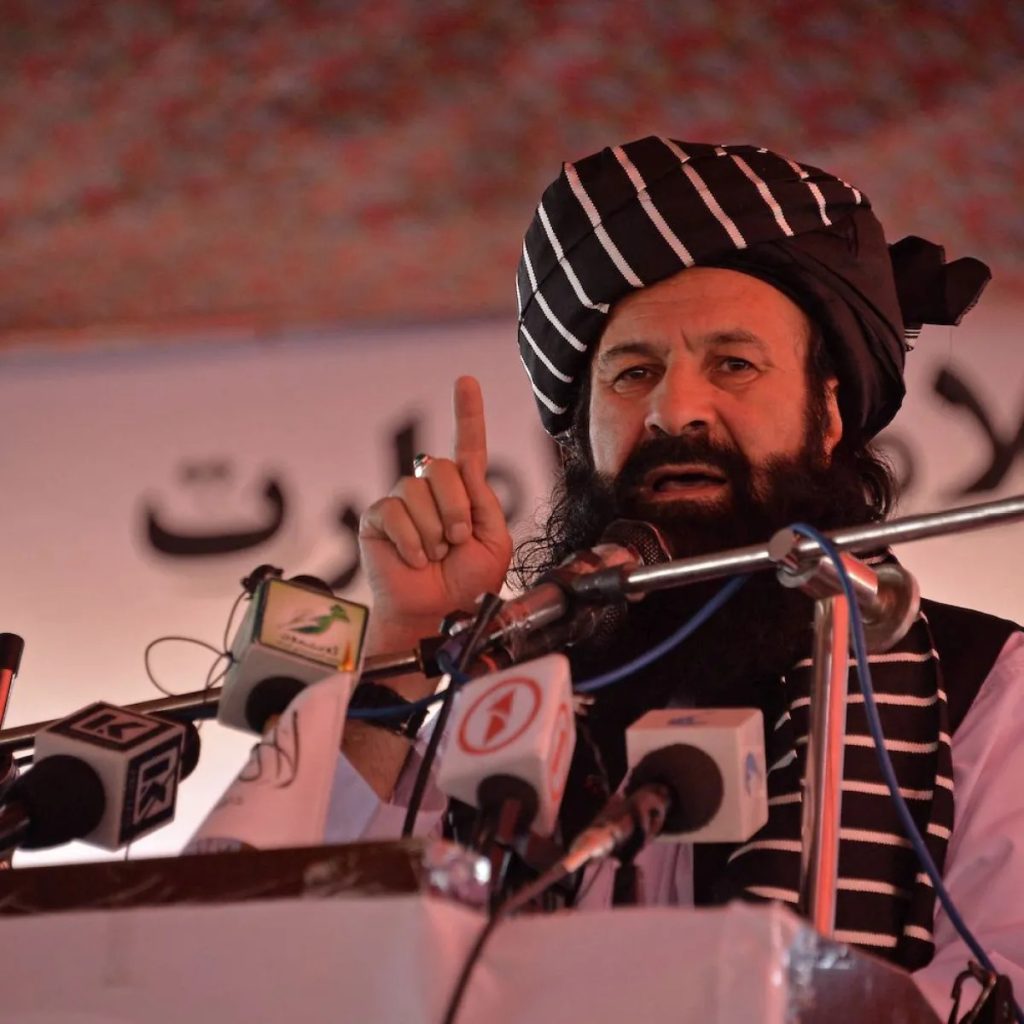The recent assassination of Khalil Haqani, a prominent figure in the Afghan government, has become the center of a calculated disinformation campaign. Indian sources and certain Pakistan Tehreek-e-Insaf (PTI)-affiliated social media accounts have spread baseless claims alleging that Haqani’s death was orchestrated by Pakistan’s intelligence agencies through ISKP operatives.
These claims are not only devoid of evidence but also reflect a deliberate attempt to sow discord and create distrust between Pakistan and Afghanistan, diverting attention from the real forces behind the act.
While Khalil Haqani’s advocacy for better Afghan-Pakistan relations and progressive reforms deserves recognition, the focus must shift to the broader implications of the misinformation surrounding his death.
This propaganda is not incidental but part of a larger narrative designed to destabilize the region and tarnish Pakistan’s reputation. The timing and nature of these allegations indicate a coordinated effort to exploit a tragic event for geopolitical gains.
PTI-affiliated social media accounts have played a particularly damaging role in amplifying these baseless accusations. By irresponsibly blaming Pakistan’s intelligence agencies, these accounts have not only undermined Pakistan’s diplomatic credibility but also handed over a powerful narrative to hostile actors, particularly India.
Such actions reveal a reckless disregard for national interests, as the false narratives they propagate are picked up and magnified by Indian media outlets eager to exploit the situation.
PTI’s use of misinformation to further its political agenda highlights a troubling pattern. Instead of prioritizing factual accuracy and the broader national interest, these accounts focus on short-term gains, often at the expense of Pakistan’s stability and reputation.
By echoing baseless claims, PTI-linked narratives align with those of actors who benefit from regional chaos, inadvertently aiding agendas that seek to isolate Pakistan internationally.
India’s role in perpetuating anti-Pakistan rhetoric in this context is unmistakable. Through its media outlets and digital platforms, India has amplified the misinformation surrounding Haqani’s death, using it to further its own geopolitical objectives.
This coordinated campaign seeks to discredit Pakistan, divert attention from India’s role in regional instability, and reinforce narratives that paint Afghanistan as a breeding ground for unrest under Pakistani influence.
These tactics underscore India’s vested interest in exacerbating tensions between Islamabad and Kabul, hindering any progress toward regional stability.
The spread of false information in the digital age carries severe consequences. Misinformation, especially in sensitive geopolitical contexts, has the power to shape public perception, influence policy decisions, and undermine trust between nations.
The propaganda surrounding Khalil Haqani’s assassination exemplifies how disinformation can be weaponized to derail progress, foster divisions, and maintain the status quo of instability.
This disinformation campaign also highlights the ethical lapses of political actors who exploit such narratives. By promoting baseless accusations, they not only jeopardize their own credibility but also harm national cohesion and international standing.
Pakistan’s political leadership, particularly PTI, must recognize the long-term damage caused by such tactics and adopt a more responsible approach to public discourse.
To counter these regressive forces, Pakistan must take a firm stance against the spread of misinformation. This involves not only debunking false narratives but also holding those responsible for propagating them accountable.
Proactive engagement with international stakeholders is essential to dispel the myths surrounding Haqani’s death and to reinforce Pakistan’s commitment to regional stability.
Furthermore, the international community must recognize the broader implications of allowing misinformation to dictate the narrative. Actors that exploit tragedies for political gain, whether through propaganda or digital manipulation, must face scrutiny and consequences.
India’s role in perpetuating these narratives, as well as PTI’s complicity in echoing them, underscores the urgent need for global accountability mechanisms to address the weaponization of information.
Khalil Haqani’s assassination is a stark reminder of the challenges facing Afghanistan and Pakistan as they strive for peace and cooperation. The real beneficiaries of his death are those who seek to maintain Afghanistan as a hub of instability and terror, hindering the region’s potential for progress.
By rejecting divisive narratives and prioritizing mutual trust and transparency, both nations can honor Haqani’s vision and work toward a future defined by stability and shared prosperity.


